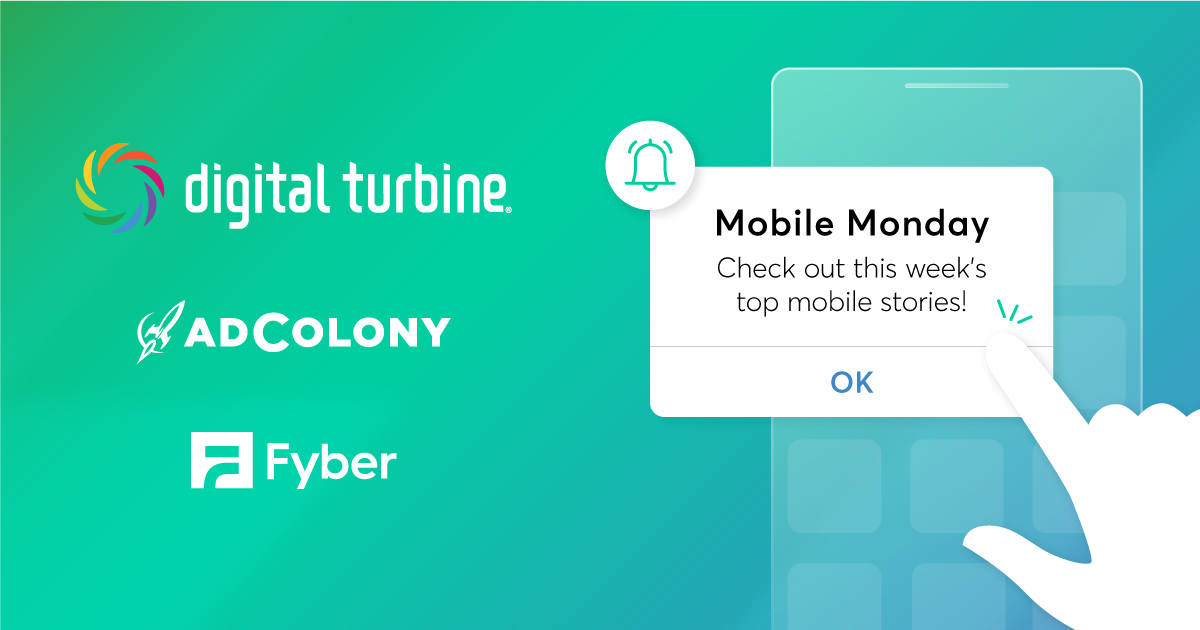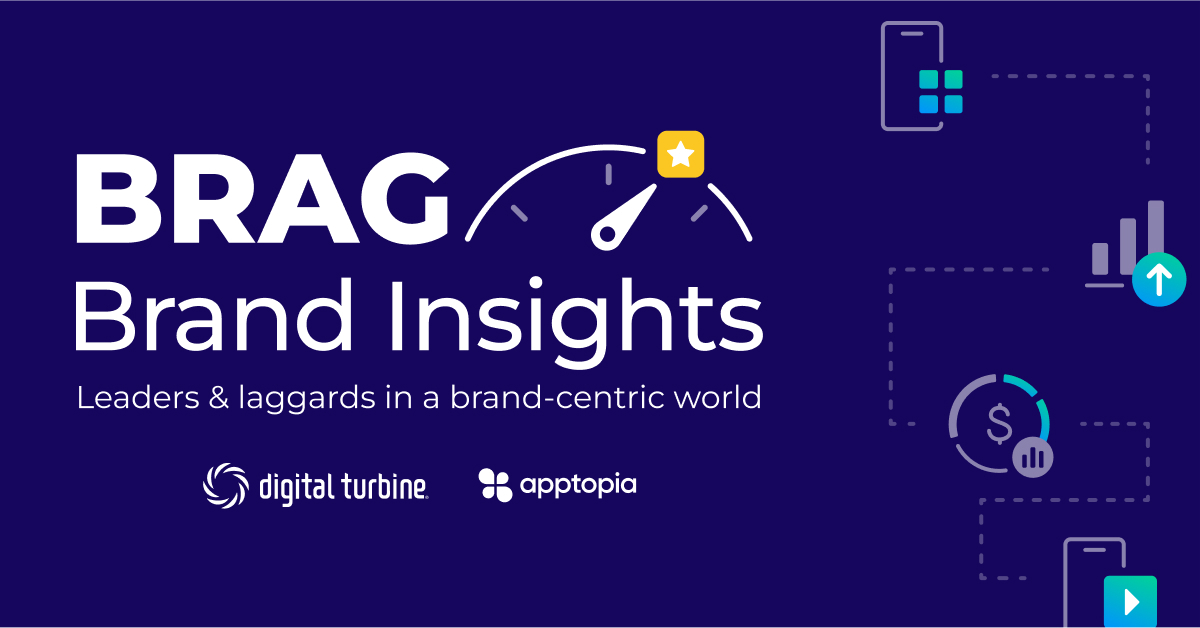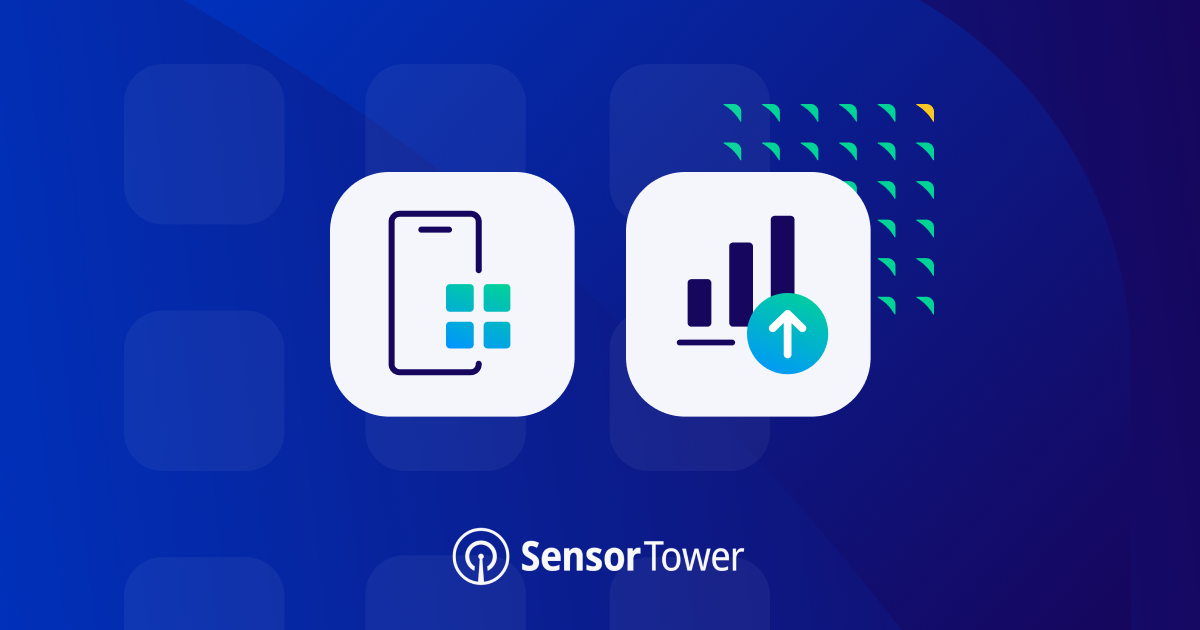Apple has put privacy at the core of its value proposition for consumers. Its previously delayed requirements around device ID opt-ins and announced during World Privacy Day in January that it would begin requiring compliance in Spring 2021 across all Apple hardware — Macs, Apple TVs, Apple Watches, and most salient for the massive growth of mobile usage over the past decade, iPhones and iPads.
Put simply, users will now be given a simple prompt asking them to opt-in to any form of tracking and the sharing of their data (including their device Identifier for Advertisers – the IDFA) on an app-by-app basis. Users who do not opt-in will not have their MAID shared in the bidstream.
As the original in-app ad platform and the leading in-app marketplace for brands today, we’ve received many questions from our brand advertiser clients and partners around what exactly this means for campaigns, measurement, viewability, and so forth. We’ve gathered some of the most common questions below.
You can catch up on the rest of our coverage on Apple’s iOS 14 privacy changes here. If you’re looking for a deeper dive, don’t hesitate to reach out to your AdColony contact or fill out our contact form.
What are the impacts of Apple’s privacy updates?
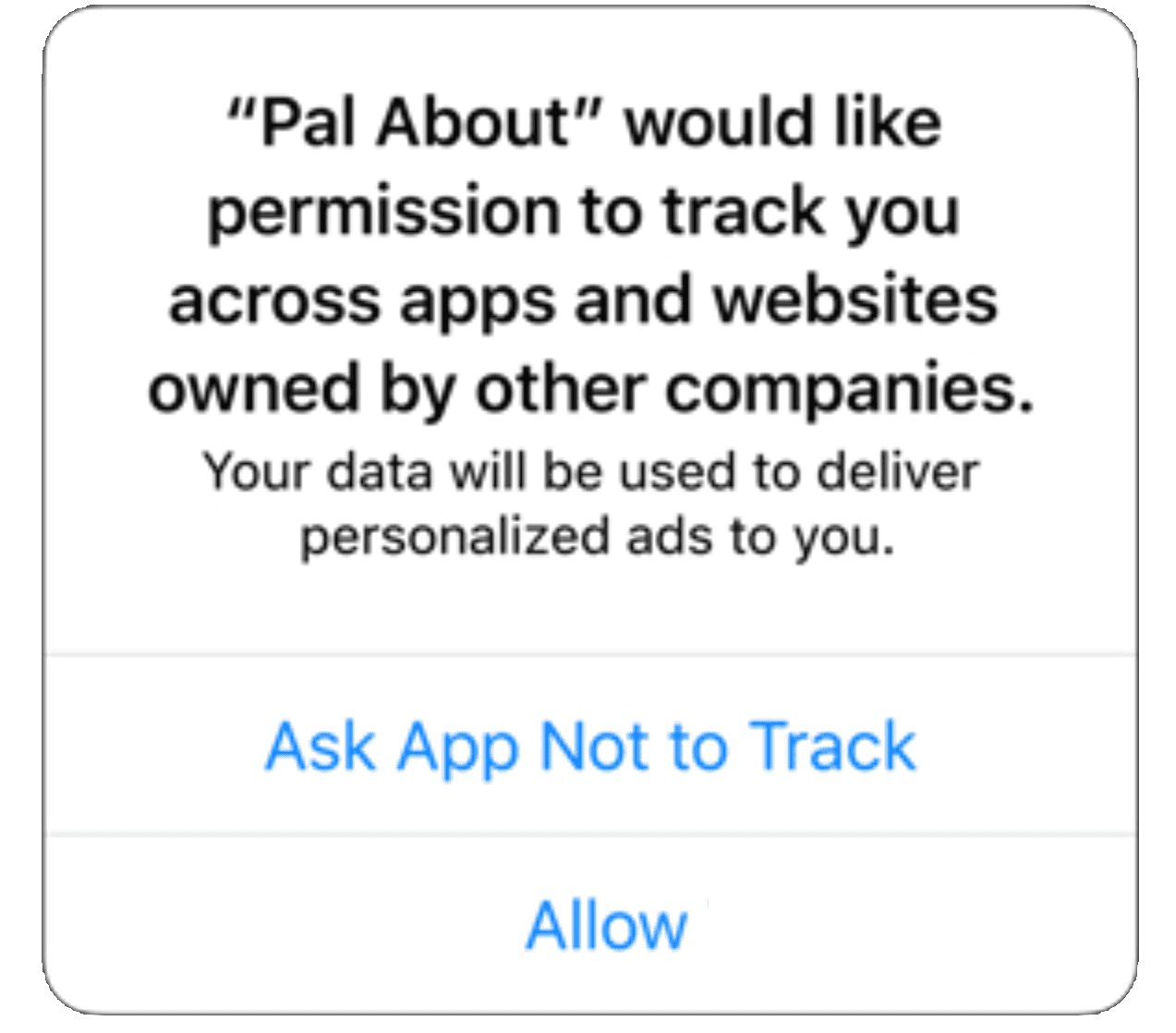
By far, the most significant impact of Apple’s upcoming iOS 14 privacy changes for the mobile app and mobile advertising industries are the changes to privacy. The biggest user-facing change as part of Apple’s new approach to privacy is that users will be prompted with a simple prompt asking them to opt-in to tracking on an app-by-app basis.
Something important about this prompt: It is not simply asking a user if Apple can share the device’s IDFA with ad networks, etc. It is asking the user if they want to allow any tracking by that app. Why are some calling it “the IDFA change” then? Because that’s the technical impact of this change, but the implicit impact is much larger. If a user doesn’t opt-in, they may not be tracked at all. Not by hashed emails, not by pixels. Nothing. Apple views an opt-out as absolute. Apple not making the IDFA available is simply following its own rules about tracking, based on the user response to opt-in or not.
What about targeting?
Like most in the industry, we expect the number of specifically addressable devices will decrease when iOS 14 launches, since those who do not opt-in cannot be targeted on the device level.

It is unknown what percentage of Apple users will choose to opt-in to sharing their data via this process, and estimates have ranged widely depending on who you ask.
However, those users who opt-out can still be captured through contextual targeting. As one of the first mobile ad networks for mobile apps, AdColony has almost a decade of experience using the power of contextual audiences for advertisers of all types, in both direct and programmatic supply. With our granular bidding, app metadata and contextual data partnerships, and proprietary bidding algorithms engineered to optimize against contextual signals, we are confident our experience in this area will give our advertisers an advantage as the industry makes the shift.
AdColony has turned our decade-plus of optimization algorithms into contextual targeting algorithms.
We leverage known and addressable devices with a shared IDFA to optimize our contextual targeting with richer, more diverse signals about what, how, and when your prime audiences engage with our in-app inventory. AdColony has the contextual signals and expertise to find the apps and individual placements where ad creative will succeed and reach advertiser KPIs.
It goes without saying that users who have opted-in to sharing their data (and therefore their IDFA) can be targeted using existing device-ID based targeting solutions. We use context and behavior of these devices to inform and optimize the contexts we look for in the broader inventory our SDK provides.
We call this new dynamic of targeting Context-Aware, Device-Enriched.
Will users who don’t opt-in still be able to see AdColony ads?
Yes. Our SDK will still be able to serve ads to users regardless of their opt-in status. We’ll continue working on targeting and optimization strategies to ensure the right users see your ads, even if they choose to not opt-in to sharing their device ID.
Will this impact measurement for verification partners (viewability, fraud, etc.)?
No! These are supported via direct integration with AdColony’s SDK and support of the IAB’s OpenMeasurement standard.
How will post-campaign brand measurement studies be impacted?
While not every exposure will be able to be measured, we will still be able to retarget known devices that are exposed to creative and campaigns (those who opted in and Android users). As always, measurability and feasibility will differ by campaign pending scale.
On World Privacy Day in January, Apple further detailed enhancements to its privacy rules, including announcing plans for Private Click Measurement and more, that give ad networks more tools for transparent campaign reporting for advertisers.
Can you pass more contextual signals to us via the bid request?
Yes, we can pass a whole host of contextual signals in the bid request. Additional deeper contextual signals are used by AdColony for optimization. Please contact us to discuss new contextual targeting options you might be interested in.

Does Apple support fingerprinting or other targeting and attribution solutions for users that do not opt-in?
Apple has clarified that any fingerprinting solutions for advertising or monetizing purposes will also require users to opt-in or be considered a violation of their terms of service. This includes first-party user data like emails.
If a user opts-in, the IDFA would be shared, in which case we would recommend leaning on the standard MAID-based audience targeting, rather than any third-party solution related to CRM data or other data.
Can I fingerprint or use signals from the device to try to identify the device or a user?
Apple Inc. – User Privacy & Data Use Documentation
No. Per the Apple Developer Program License Agreement, you may not derive data from a device for the purpose of uniquely identifying it. Examples of user or device data include, but are not limited to: properties of a user’s web browser and its configuration, the user’s device and its configuration, the user’s location, or the user’s network connection. Apps that are found to be engaging in this practice, or that reference SDKs (including but not limited to Ad Networks, Attribution services, and Analytics) that are, may be rejected from the App Store.
A number of web publishers and apps that utilize emails for sign-on purposes have expressed publicly that they intend to use emails (hashed or otherwise) as a replacement for the IDFA when a user does not opt-in. This is also a violation.
If I have not received permission from a user via the tracking permission prompt, can I use an identifier other than the IDFA (for example, a hashed email address or hashed phone number) to track that user?
Apple Inc. – User Privacy & Data Use Documentation
No. You will need to receive the user’s permission through the AppTrackingTransparency framework to track that user.
This misunderstanding by some stems from the difference between the technical impact of a user tapping “Don’t Allow” and the consent impact as Apple sees it. From a technical point of view, the IDFA is not shared. As far as Apple is concerned (which is all that matters when it comes to App Store approval!), if a user chooses not to be tracked, then they cannot be tracked in any way. (Have we said that enough yet?)
Will ads still be frequency capped on devices with no shared IDFA?
Yes. Since AdColony’s supply is driven primarily through our SDK-integrated in-app inventory, we have solutions in place to ensure frequency capping still occurs reliably.
Will AdColony continue to work with DSPs?
Our supply will continue to be open for business from other vetted programmatic DSPs. AdColony has become known as the mobile monetization platform with the widest range of ads for developers, including industry-leading brand demand for in-app environments, and one of the most trusted and brand-safe sources of supply for our advertising partners. We intend on maintaining this for the foreseeable future.
I am a DSP but I don’t have a direct relationship with publishers. Can AdColony help us get our ad network ID integrated into publishers’ info.plist?
From an attribution perspective, we will support SKAdNetwork integrations with AdColony’s ad network ID or the DSPs ad network ID. That said, it is currently ultimately up to the publisher to determine whether or not they add the ad network ID to their info.plist.
Since we plan on full support for SKAdNetwork, we’re able to utilize either AdColony’s ad network ID or a DSP ad network ID and are happy to collaborate on integrating the best solution for your needs. If you are a DSP looking to partner or continue to work with AdColony, please reach out and contact us.

How will this impact our operations and what critical changes it involves and does AdColony have any specific thoughts regarding consent flow like CCPA?
AdColony requires that clients and partners follow all applicable laws. It is the publisher’s responsibility to obtain and pass consent to AdColony.
AdColony is unable to offer legal advice to our clients and partners and we encourage publishers to seek a professional legal opinion on GDPR, CCPA, etc.
AdColony’s SDK contains a fully functional consent API with support for GDPR, CCPA, and other consent flags from developers who choose to take advantage of it. We also extend opt-out, do not track, do not process, and data requests from end-users regardless of where in the world they live via our privacy policy. More information on our consumer-friendly approach to privacy can be found on our Consumer Privacy page.
What is Apple SKAdNetwork?
SKAdNetwork is Apple’s replacement for the third-party measurement and attribution space for app install campaigns. SKAdNetwork is designed to allow certified ad networks (like AdColony) to directly attribute installs (and some other data) without using a third-party attribution vendor.
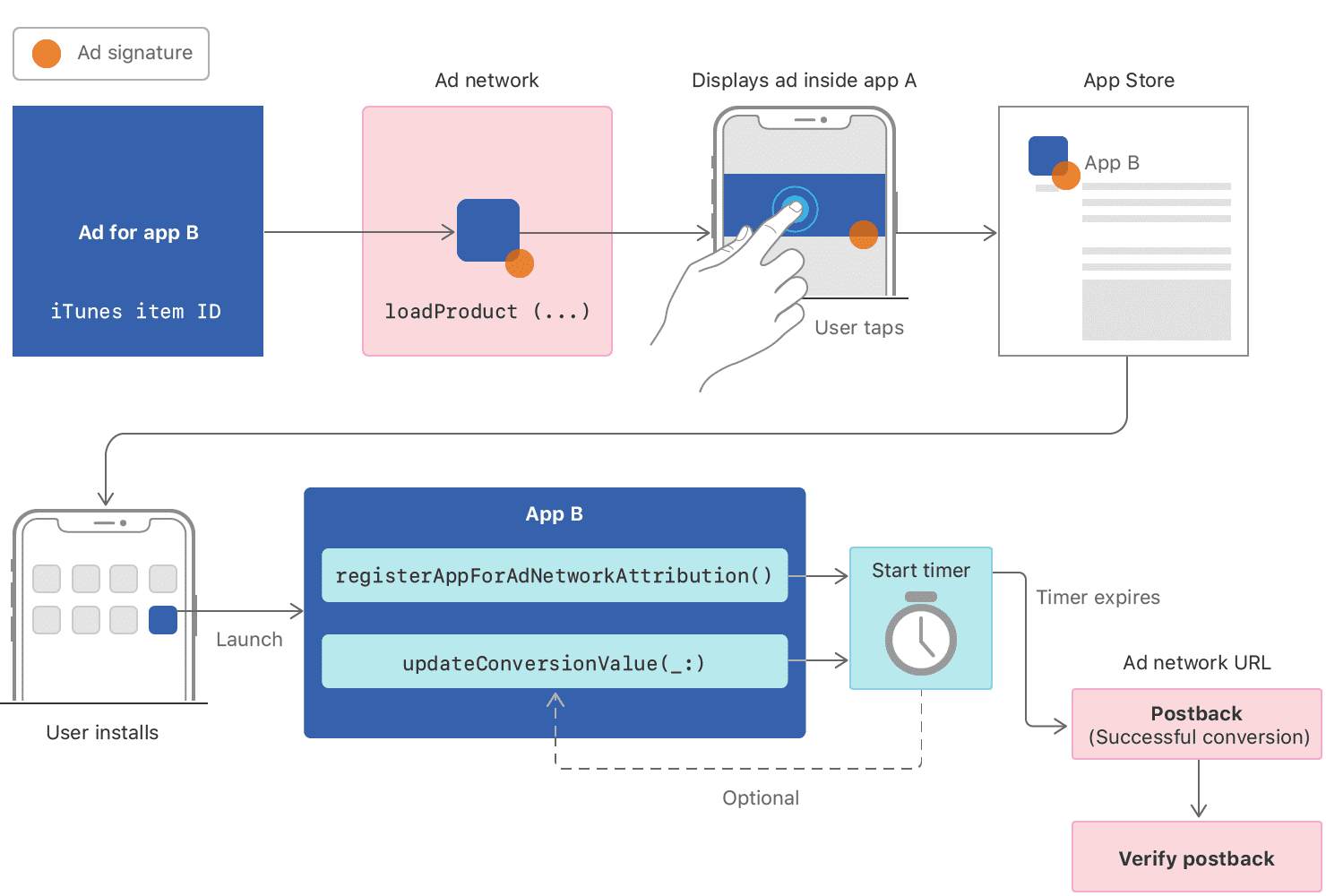
If you’re running campaigns with us to install apps, whether those be restaurant apps, shopping apps, mobile games, or any other category chances are your colleagues who need to know about SKAdNetwork to report campaign efficacy are already on top of things.
I don’t have an app to advertise, but can I run my brand ads using the SKAdNetwork attribution framework anyway?
You theoretically could, but if you don’t have an app to install, there’s no way of your KPI getting measures since SKAdNetwork relies on the install of an ad itself to measure campaign effectiveness. We don’t recommend doing this.
Will AdColony continue to support MMPs?
We intend to adopt a flexible approach based on data availability and the preferences of our partners and plan on continuing to work with our existing and any new mobile measurement platform (MMP) partners.

As long as our partners comply with Apple’s developer terms and conditions, as we value our positive relationship with both Apple and our developers. In some cases, this compliance may require a formal agreement.
Join the Conversation
Do you still have questions around Apple’s upcoming changes? Tweet us at @AdColony. For the latest AdColony mobile news and updates, follow @AdColony on Twitter, like us on Facebook, or connect on Linkedin.
- Effectively Scaling Apps – The Myth of the Whale Busted - May 17, 2022
- How to Maximize and Optimize Engagement in Your App - May 5, 2022
- Offer Walls for App Monetization: Everything You Ever Wanted to Know - April 14, 2022

